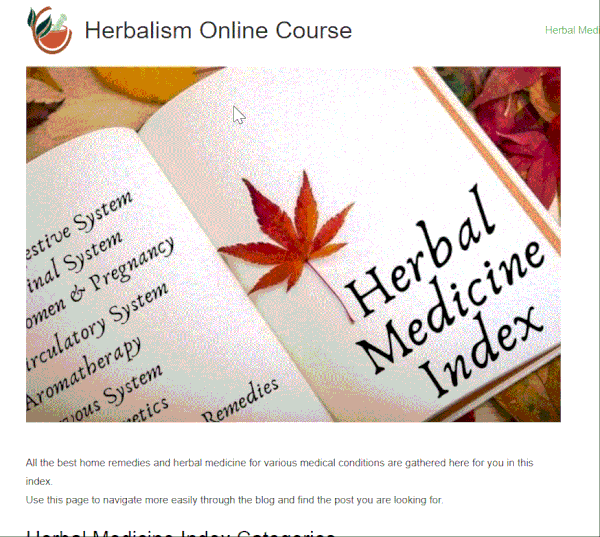Irritable bowel syndrome is a stomach disease whose symptoms are abdominal cramps, diarrhea, constipation, and abdominal pain.
The right treatment for upset stomach is a change in nutrition and lifestyle
What Causes Irritable Bowel Syndrome?
The causes of irritable bowel syndrome vary from person to person.
Occasionally it can develop due to anxiety or stress, or hormonal problems.
Other reasons for Irritable bowel syndrome to develop are problems with a person’s immune system, use of certain medications, or due to digestive problems.
Conventional Treatment for Upset Stomach
The conventional diagnosis requires blood tests, colonoscopy, and sigmoidoscopy.
In some cases it may even include a CT scan, to rule out other diseases.
It is important to note that it is not necessary to go through the entire protocol to get a natural treatment that will make it easier for you.
However, if you are worried, you can be checked for more confidence, and start receiving concurrent treatments.
Maintaining a Meal Routine
Regular meals at regular hours are some of the basic tools for managing an upset stomach.
As in most illnesses, we wish to manage the disease instead of it managing us.
Small, multiple meals a day may relieve diarrhea, while large and regular meals (three meals a day) may relieve constipation.
Enriching the menu with dietary fiber combined with the meals routine can significantly alleviate the feeling.
Foods to Eat and Avoid When Having Upset Stomach

- Herbal teas, such as bong or fennel flowers, an infusion of these herbs soothes the stomach.
- If you suffer from bloating, cramps and gases you should eat oats (porridge) regularly.
- Avoid alcohol and spicy foods are as they are intestinal irritants.
- Avoid foods that are hard to digest such as cabbage, broccoli, cauliflower, brussels sprouts, beans, onions, dried fruits, and products containing sorbitol.
- Frozen or chilled foods may cause intestinal cramps, therefore you should avoid cold water, ice, ice cream, etc.
Diarrhea
- If you are one of those who suffer from diarrhea, you should try to exclude high-fiber foods from your menu.
Such foods are wholemeal bread, whole rice, nuts, and seeds. - If diarrhea does not stop, be sure to drink plenty of water to prevent dehydration.
- Rice, rice milk, and pomegranate juice can reduce diarrhea.
- If you eat vegetables, it is better to have them cooked or steamed and not fresh.
Constipation
- In case of constipation, first of all, drink plenty of water to help soften your stools.
- Add more dietary fiber foods to your menu, such foods are oats, legumes, carrots, peeled potatoes, and flax seeds.
Flatulence
- Try lying on your back, bring your legs closer to your abdomen with your hands, and make small turns, which may allow the gases to release.
- Try a low-FODMAP diet, Fermentable, Oligosacharides, Disacharides, Monosacharides, and Polyols, which are different types of sugars that cause gas in the digestive tract.
This diet can reduce irritable bowel symptoms and even prevent them.
Use this diet only with the assistance of a nutrition consultant.
Keep a food diary
Keeping a record of the foods you eat and their effects will help identify the more problematic and appropriate foods.
It will bring about changes in eating habits that will help relieve symptoms.
There is no one-size-fits-all diet that suits everyone, therefore you should go through a process of trial and error to achieve an optimal diet.
Holistic Treatment for Upset Stomach

Stress Reduction
Emotional therapy and relaxation techniques are some of the practical tools for reducing irritable bowel symptoms.
Using biosynthesis, meditation, yoga or biofeedback may well be beneficial but simply doing fitness exercises, which are available to us all, tops the list.
The moderate, consistent, and stress-relieving activity can be a real cure.
Herbal Treatment with Herbalist
Herbs can restore mucous membranes and prevent phlegm.
They also treat gastritis and dyspepsia, balance the level of stomach acidity, and strengthen the immune system.
It is important to support the liver during the treatment of an upset stomach and irritable bowel since liver poisoning might aggravate the symptoms.
Therefore you should use soothing plants with emphasis on mucous.
Aromatherapy Treatment with Aromatherapist

Essential oils can be used as an aromatherapy treatment for upset stomach due to their antiseptics and antibacterial properties.
They can also reduce inflammation, absorb gases, and aid in the digestive process.
Acupuncture
Chinese medicine considers pain to be an expression of an imbalance and energetic weakness of the liver, kidneys, intestines, or spleen.
Acupuncture at certain points on the body will strengthen the energy of those organs, soothe the body in general as well as the stomach.
Reflexology and Shiatsu
In Shiatsu, the therapist massages and presses points on the body that lead to pain relief. Reflexology reflects an image of the body organs in the foot so that pressing at the right points will also ease bowel movement.
Treatment using Bach Flowers
When the patient is in a period of stress, burnout, and anxiety, these factors are catalysts for his development of an upset stomach.
Bach flowers are a wonderful tool that can greatly help treat these conditions as part of the overall therapeutic set.
This treatment may reduce anger, stress, and the need for sugars.
It can also cause happiness, peace, and inner calm that help in rapid inner recovery.



